Even the most dedicated board members find association laws complex and face difficult decisions. Knowledgeable and experienced in the intricacies of association law, Porter Kiakona Kopper, LLP’s (PKK) attorneys can effectively guide a board’s decision-making and prevent costly, time-consuming legal challenges.
Acutely aware of the adverse impact past-due assessments have on condominium associations, PKK implements collection methods proven to substantially reduce delinquencies. In accordance with an association’s collection policy, PKK takes all legal actions necessary in order to recover past-due assessments, including sending demand letters, filing liens, and recording notices of default with intent to foreclose (NDIF’s), which are all part of the non-judicial foreclosure process. For a more detailed overview of the collection process, please see flowchart.
PKK’s outstanding track record of delinquency reduction can be attributed to our diligent execution of the collection process.
In addition to the payment of general dues, a board can call for the imposition of special assessments to pay for emergency or unforeseen repairs and/or replacements.
To protect owners from fiscal hardship and prevent association boards’ poor financial planning, the State of Hawaii does necessitate funding a minimum of 50 percent of replacement reserves estimated in a reserve study or 100 percent under the cash flow method of calculating reserves. Reserve studies are also mandated and boards must review them annually.
Following a board or management company’s attempts to rectify the situation with warning letters, the board can impose fines and refuse privileges to the common amenities if permitted by the association’s governing documents. If a unit owner or tenant continues not to comply, PKK can pursue legal avenues, such as mediation, arbitration, and filing suit. In the case of a noncompliant tenant, the association board has the option to bring an eviction action and charge all fees and costs to the owner due to his or her tenant’s misconduct. We encourage boards to openly communicate the association’s rules to its owners and their tenants to avoid disputes.
Although all regular board meetings are open for unit owners to attend, boards can hold closed meetings, also called executive sessions, to discuss contract negotiations, legal proceedings and personnel matters. The board, however, is still required to provide notice of these closed meetings to unit owners.
In Hawaii, Act 326 necessitates association boards to report all transient accommodations to the Department of Taxation. Associations, however, need only report transient accommodations made known to them by the operators of such units. Besides sending out communications yearly, the board does not have a duty to investigate potentially transient operations. Please see Act 326 for details.




